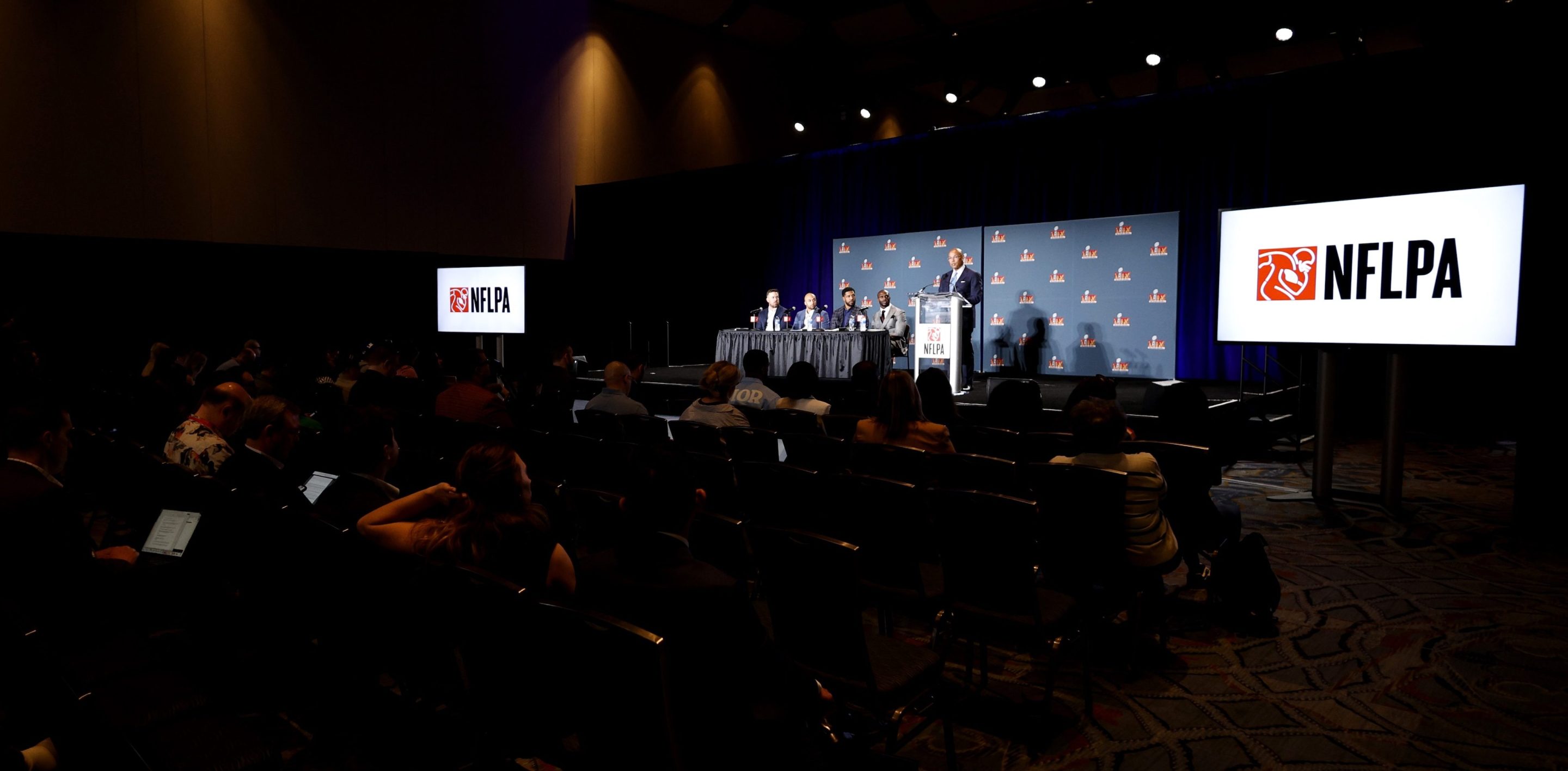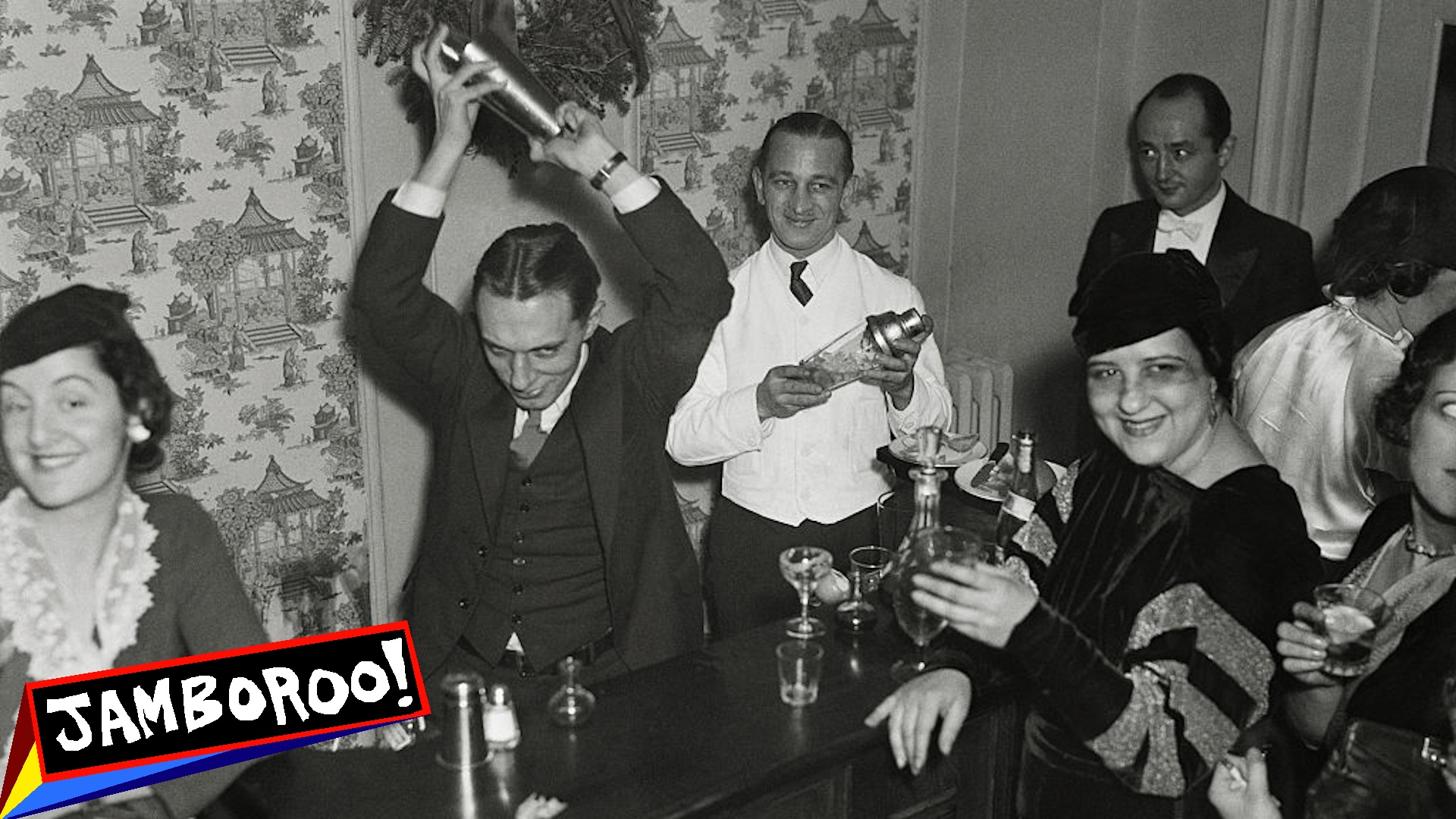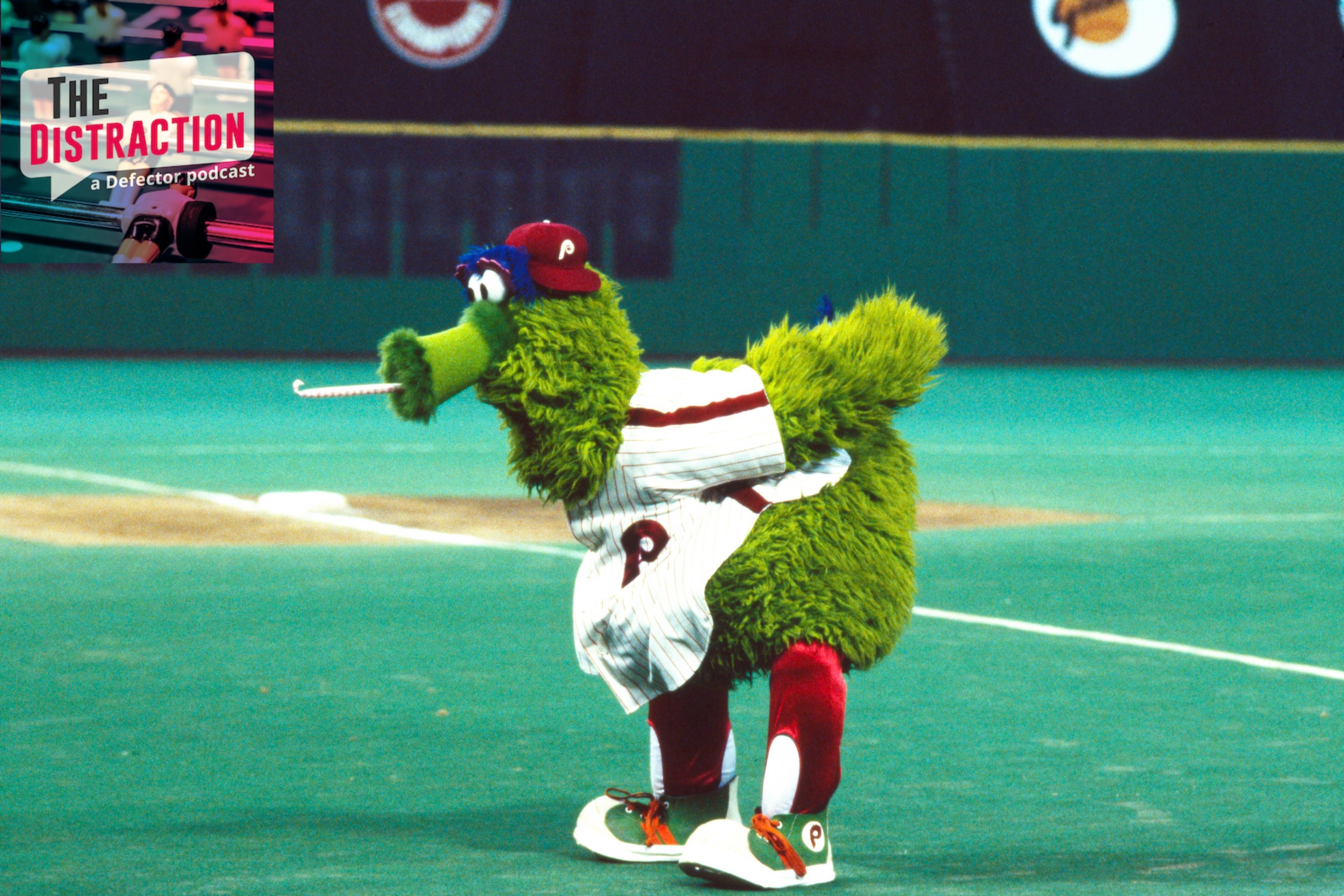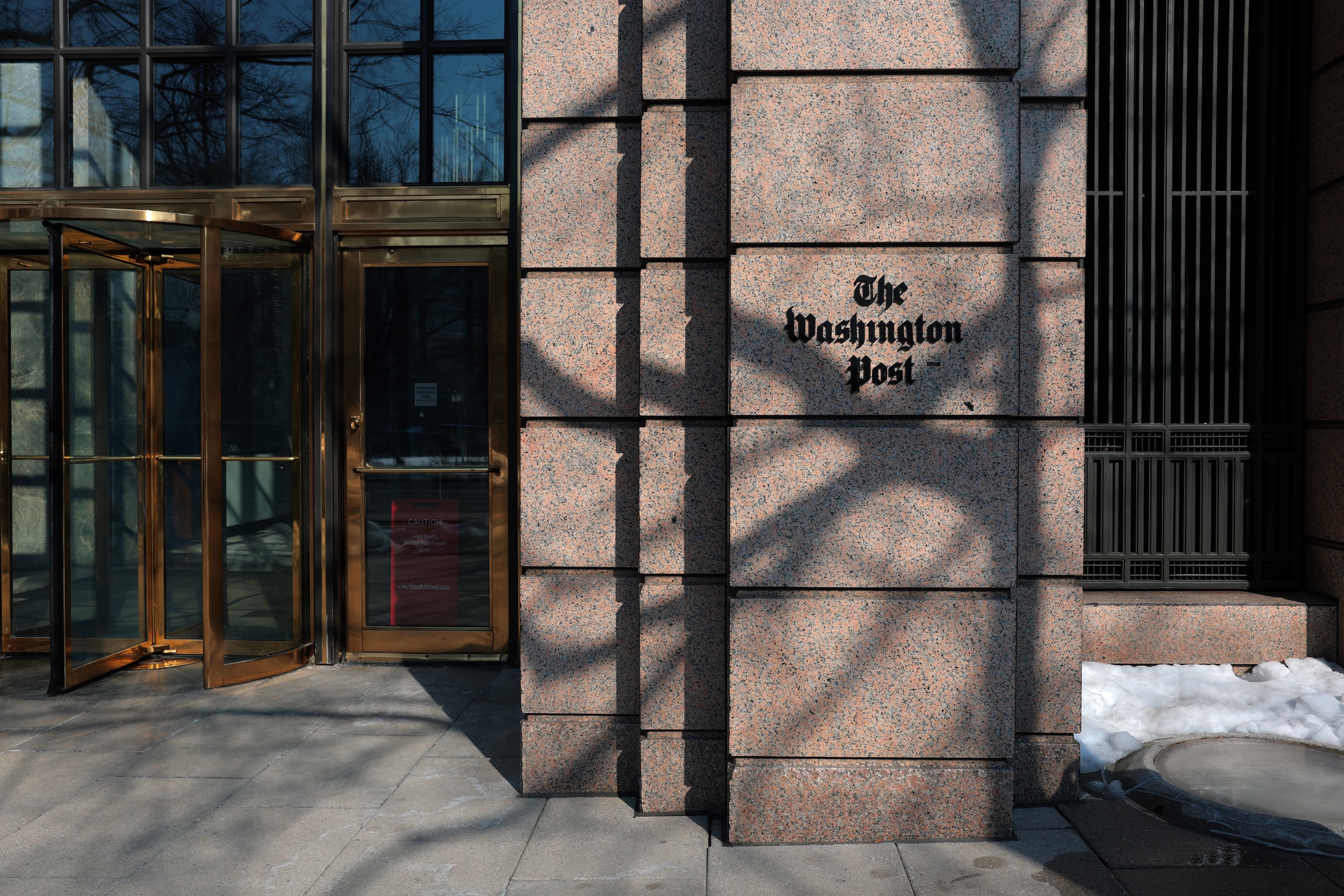Gene Upshaw would come to town once a year, usually in the middle of the week. There we were, the Denver Broncos, an NFL football team going through the routine of our football preparation, speaking football language, watching football film, taking football hits, and training our football bodies. But on this one day each year, after all the football things were done, we stayed in our seats in the team meeting room for a different type of discussion.
Upshaw was an imposing presence. He had been a shit-kicking lineman for the Raiders for 15 seasons, and upon retirement, became the NFLPA’s shit-kicking executive director. He held the post for 25 years. We trusted him. After all, he was one of us. And yet, there he’d be, standing in front of us on a Thursday, explaining in detail some of the very important issues we had to face, including the emergence of withheld data about concussions and the impending CBA negotiations, and no one in the room was listening.
Gene was going from team to team, bracing us for what he knew would be contentious negotiations with an ownership group he understood well. We might be forced to decertify as a union in order to take on the League, he warned. I looked around the room to see who was getting the message. It was startling how little of a fuck anyone gave.
Fact was, we were all just there to collect the $10K licensing check that Gene had with him, and Gene knew it. I sensed his frustration. The fate of the union hung in the balance, and there was nothing he could do to engage us, myself included. For as much as I saw myself as a worldly athlete—someone who saw the big picture—these terms and concepts seemed so foreign and so far away from my immediate reality, which was a snarling defender standing inches from my facemark. “Decertify”? What did that mean? We “might” have to decertify in two or three years? Three years was a lifetime away. By then, 70 percent of the guys in this room would be out of the NFL. How do you make someone care about something they won’t be around for?
No matter the urgency of the topic, nothing was retained. I imagine they sent us some literature in the mail, but who reads mail? Not football players. We didn’t learn by reading. We learned by being yelled at, over and over, the same shit, day in and day out, until it became muscle memory. One meeting a year—which is all I can recall—wasn’t going to cut it.
As soon as Gene wrapped up, we collected our checks and disappeared, eager to get back to football. I didn’t hear the word “decertify” again until the next year at the same meeting.
On Aug. 20, 2008, weeks before the beginning of the season, Upshaw passed away in Lake Tahoe after doctors had discovered advanced pancreatic cancer just three days earlier. The man whose big, strong hands we’d felt safe in for decades was gone, and the union was in disarray. In the middle of that season, while the NFLPA’s Executive Committee searched for Upshaw’s replacement, the Broncos were looking for a new union rep. Rod Smith had been our rep for years, but he had retired, so we held an election for a new one. I got the second-most votes, so I became our alternate. It was my sixth season in the NFL; in a league of 23-year-olds, I was a certified unc.
After the season, our newly elected union rep left the Broncos, and so it fell on me. In late January, the NFLPA invited all of the reps out to headquarters in Washington, D.C. I remember how excited and how honored I felt to be representing my peers. I saw this as a real opportunity to plant my flag as more than just a football player. This was a business trip. I was wearing a suit. I had a notebook.
But upon arriving at the office, I soon realized that the same thing that made the rank and file on my team trust me would make me feel unwelcome in D.C. The building was fancy, sleek and cold. There were people walking around wearing nice suits and looking at me like I didn’t belong there, because I obviously didn’t. When the meetings began, instead of starting at square one and teaching us about these weird words and terms they used, and how to do our jobs as team reps, they just began talking at us and giving us the company line. They were speaking a language I didn’t understand, laughing at jokes I didn’t find funny, and going through the motions so they could send us on our way and get back to the business of spending our money.
That’s how it felt, anyway. I’m sure they’d have a different story, but the latest union chaos resulting in the resignations of Lloyd Howell and J.C. Tretter suggests that things haven’t changed. Maybe they’ve gotten worse.
The month after I got back from D.C., I was cut by the Broncos, and my NFL career was over. Right when I’d reached that sweet spot of being a veteran presence but still one of the guys, it all ended. This is the challenge the union faces—the average NFL career length prevents anyone from engaging in this discussion for very long. For those around long enough to become executive board members, the length of their careers separates them from the rest of the guys. They think they know better than the rank and file, and they probably do, but that leads to things like Tretter forcing through an unqualified Howell, and Howell helping the league cover up collusion.
The majority of the union is not engaged. Therefore, the majority of the union is not represented. The PA is supposed to protect us from employers trying to squeeze every last dollar out of our broken bodies. But at a certain point, all the men in suits start to look the same.






